SFS Celebrates World Oceans Day
With a name like the SFS Center for Marine Resource Studies (CMRS), it is hard to hide the everyday study of what we do here. It’s only fitting, then, that we joined in the festivities that surround World Oceans Day. June 8 has been declared World Oceans Day, which is celebrated annually across the globe in a united effort to bring awareness for the conservation of the world’s oceans. As seen through older blog entries, here at CMRS we do this work on a daily basis: study, awareness, conservation, monitor and assessment, to name a few projects.
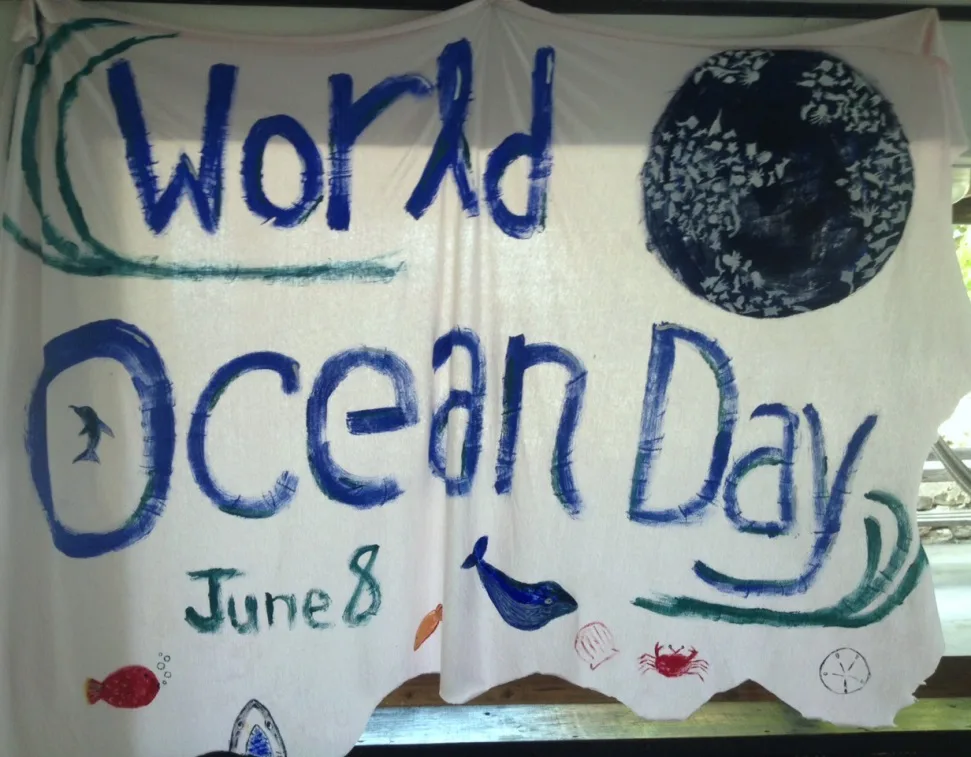
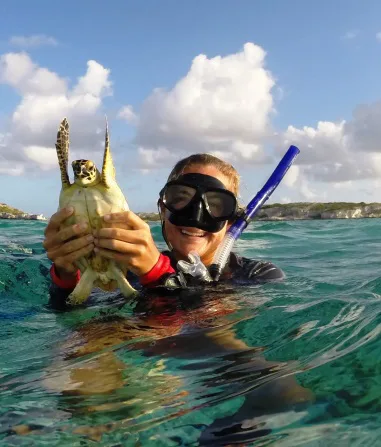
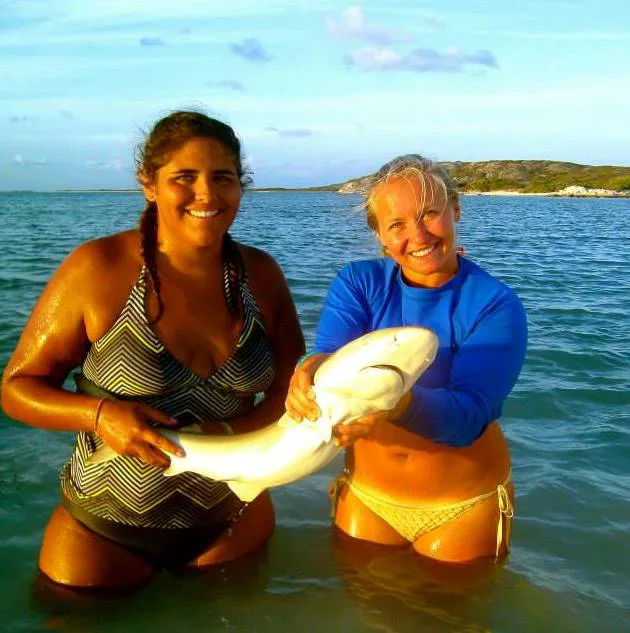
Students join faculty members in researching and studying the marine environment in order to best preserve the resources on and around South Caicos. Through the research, we have a comprehensive database of turtles and sharks in the area (in addition to other organisms).
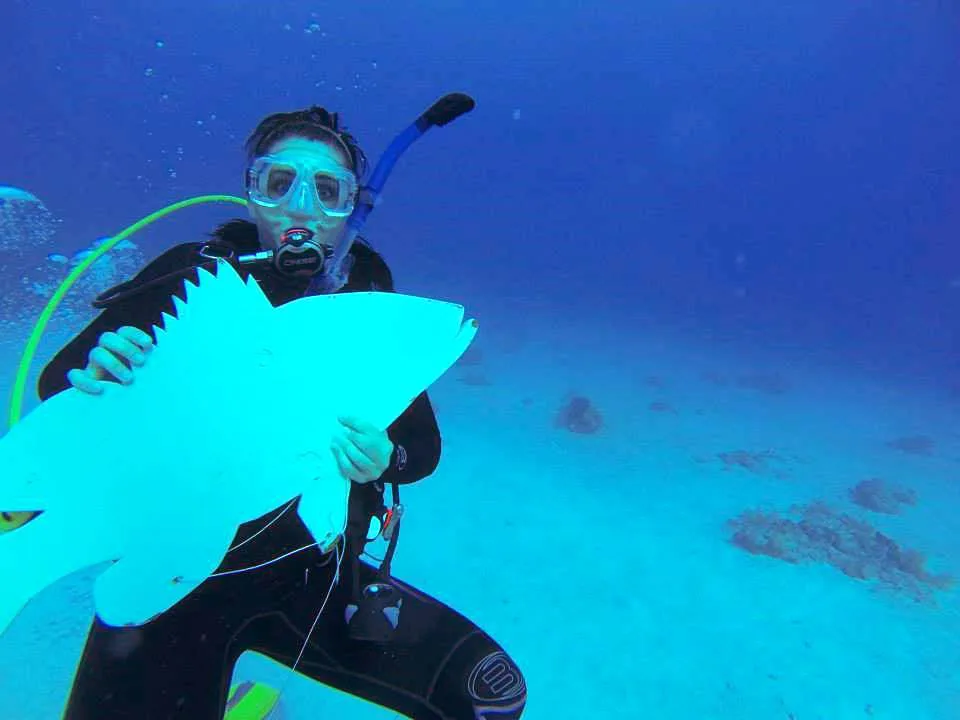
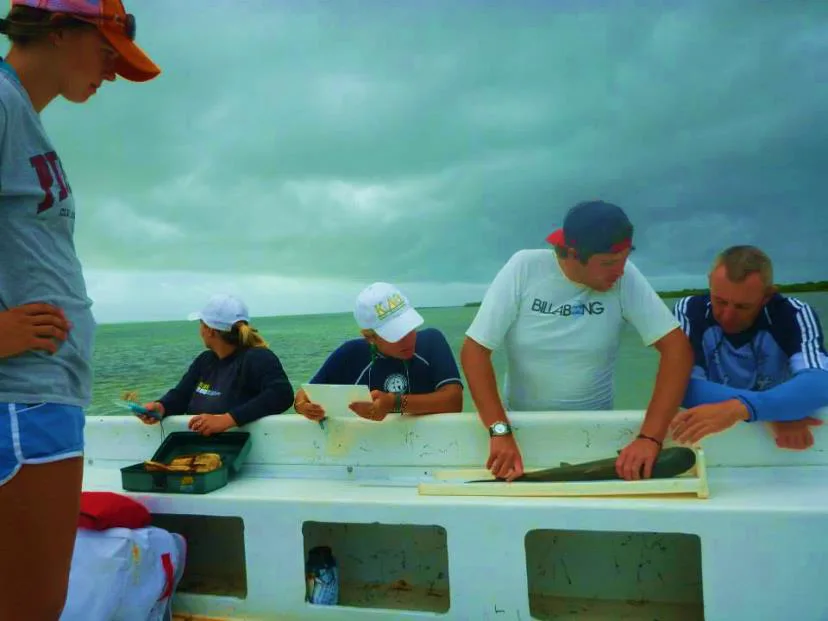
Our students are in the water almost daily, whether it is for recreation or research. Students have the chance to go on recreations dives and snorkels, but also are in the water for field exercises; for example measuring the size of fish templates from a distance or identifying organisms.
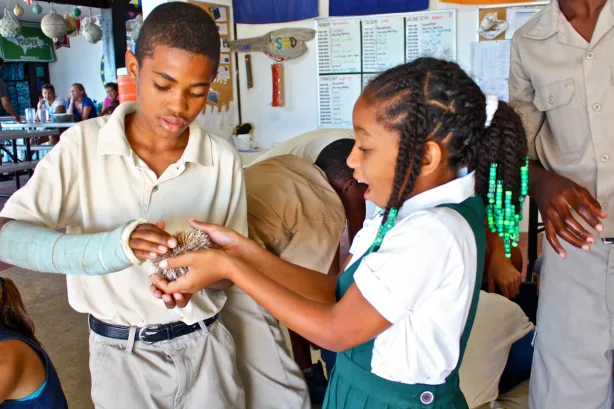
We also provide swimming lessons in order for the local kids to be more comfortable in the water, and help spark an interest in the marine environment. During our Saturday Outreach, we also help educate the kids about the marine world around them.
What did you do to celebrate World Oceans Day?
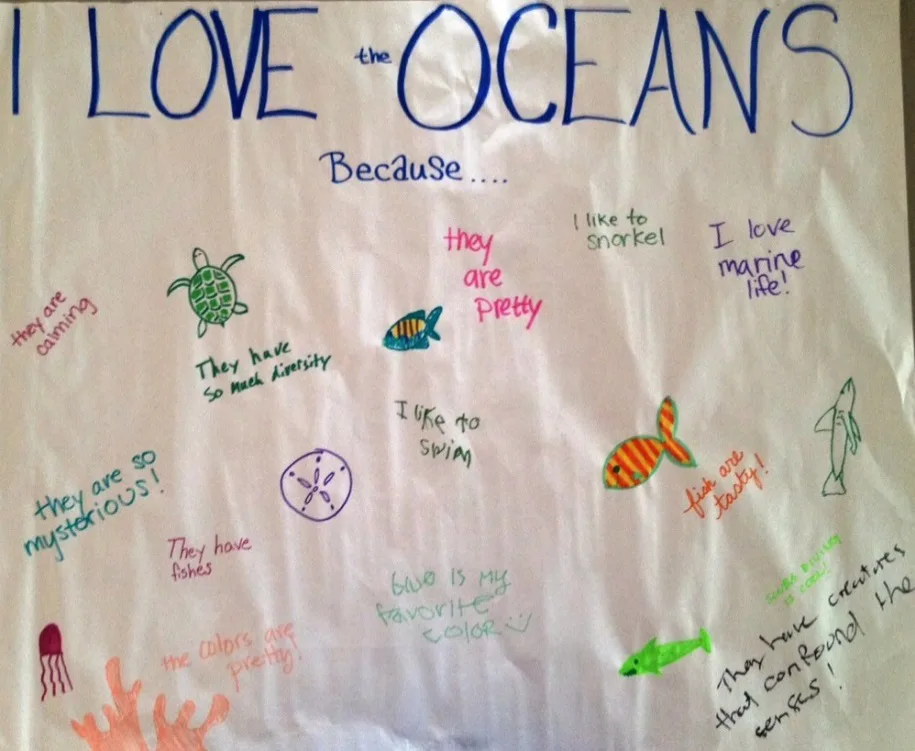
Related Posts

Restoration on a Cinder Cone: A Syntropic Story

